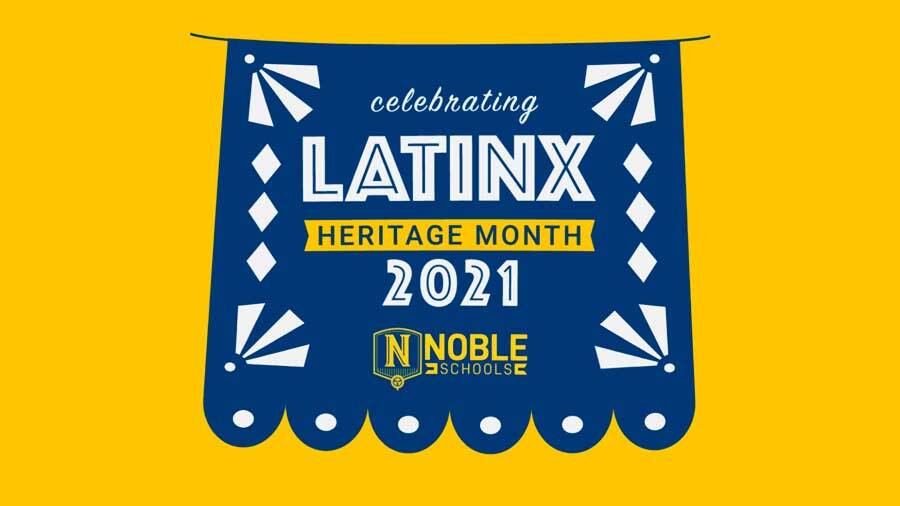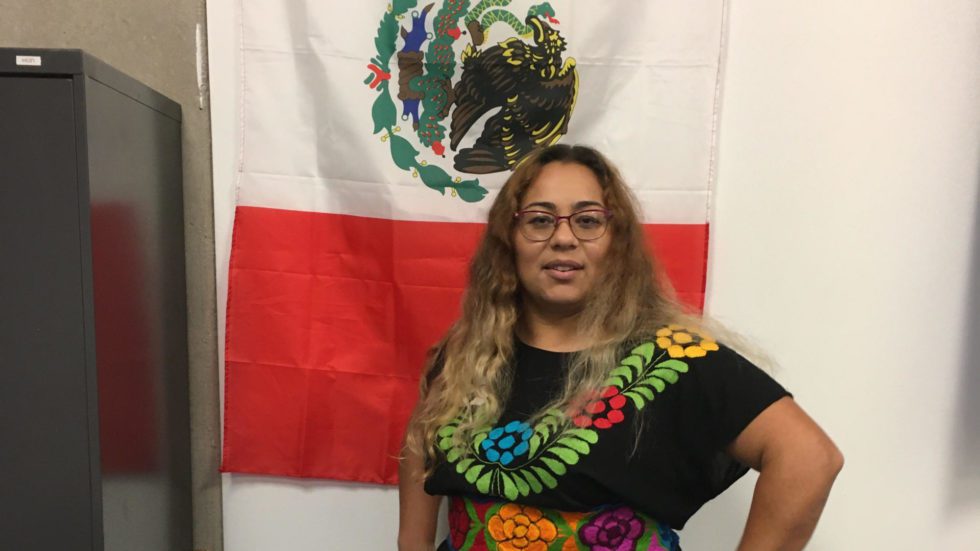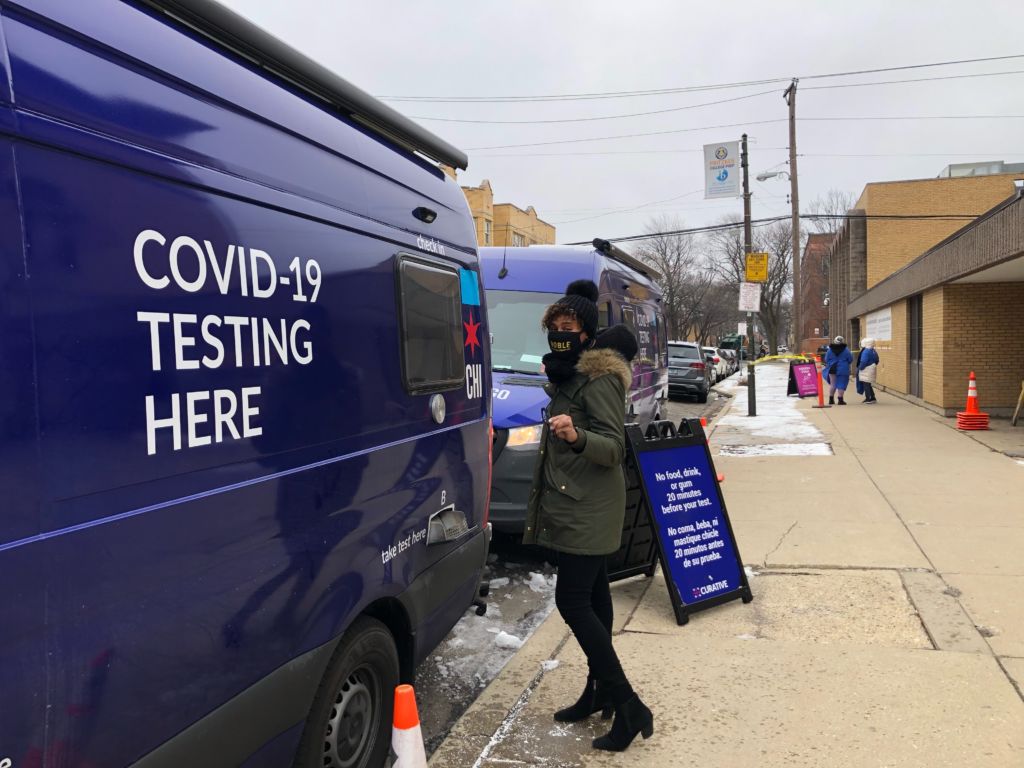
For this Latinx Heritage Month, we hosted a diálogo with some of our Noble community members and asked:
What does it mean to be Latinx at Noble, in Chicago, and in the U.S. at large?
Hear from four Noble staff and alumni as they discuss what it means to them to be Latinx and other big topics that affect Latinx communities across the world.
WHO WE TALKED TO
Dr. Aidé Acosta, our host for this diálogo, is Noble’s Chief College Officer and proud Latina and Mexicana. She leads all the teams that help support Noble students to get to and succeed in college and careers.
Nadia Berriel-Miranda is an alumna of Pritzker College Prep and the Bilingual Community Organizer for Mansueto, Muchin, UIC, The Noble Academy, and Chicago Bulls. She works to connect parents with Noble and is a proud Latina, Chicana, and DACAmented woman.
Nayeli Garcia is an alumna of Golder College Prep and was Noble’s Digital Marketing Associate. She is a proud Latina and Mexicana.
Luis González is the DREAMer Supports Manager at Noble and a proud Latino, Mexicano, and undocumented immigrant. He works to support undocumented students and families at Noble, particularly with getting to college.
WHAT WE TALKED ABOUT
Acosta, Berriel-Miranda, Garcia, and González talk about a wide range of topics from the growing usage of the word Latinx, how colorism and white supremacy affect Latinx communities everywhere, to why they choose to support Noble Schools.
Here are just a few highlights (check out this video to watch the full diálogo):
On using the term “Latinx”:
“I like the term ‘Latinx’. I think it embodies both being a Latino and Latina together,” Garcia said, “And I like the ‘x’ in there cause a lot of our indigenous languages carry the ‘x’… So I feel like ‘Latinx’ is bringing our previous language back into the now Spanish language that many of us speak.”
“I think changing language has always been a form of resilience. It has been always a form to push back against oppression and assimilation. So I love that we are including the ‘x’ in our words,” González said, “I have to be very honest, I’m still struggling to integrate ‘Latinx’ into my vocabulary, but I understand the necessity to do so. You know, if it’s going to make my neighbor feel more comfortable and more included then I’m all for it.”
On choosing to work at Noble Schools:
“I want to help tear down barriers that personally I had to go through as undocumented, as a woman, as Latina, as a first-generation college graduate,” Berriel-Miranda said, “And I feel like through education, through giving us access to college, we can gain tools and gain the history of who we are, so we have the opportunity to get to where we can make a bigger difference.”
“Why Noble? I think it’s cause we see ourselves in the students. We know what it is like… We can’t just be average. We’re not allowed to just be average and go through life and have any resources. We know what it’s like to struggle,” Garcia said, “So I think we carry all that pain with us that we saw ourselves go through and saw our parents go through. And we just want to make it better for other people like us so that they don’t have to struggle like we did.”
On colorism and white supremacy in Latinx communities:
“White supremacy is not exclusive to the U.S., white supremacy exists in Latin America, it exists in Mexico and Guatemala and all countries,” González said, “When the Americas were invaded by the Spaniards, they brought the casta system. The casta system also translates to colorism. I mean, colorism is still affecting our communities and has been ingrained in our society. So I think it’s extremely important that we as a community take a step back and analyze how we are seeing each other and how we are seeing our Black communities.”
“The centuries of belief in this casta system is literally grounded in ‘blanqueamiento’, or ‘whiteness’. We aspire to whiteness and there’s literally a category for every racial mixture so that you move up in that ladder,” Acosta said. “It continues to be very prevalent in our cultures and our communities. And part of the work that we have to tackle as educators is undoing anti-blackness and anti-indigeneity within our communities.”
>> Read more about how we’re creating an antiracist education for our students:
Anti-Racism Commitment
New Dress Code
Noble Community Pact
New Curriculum Teams



